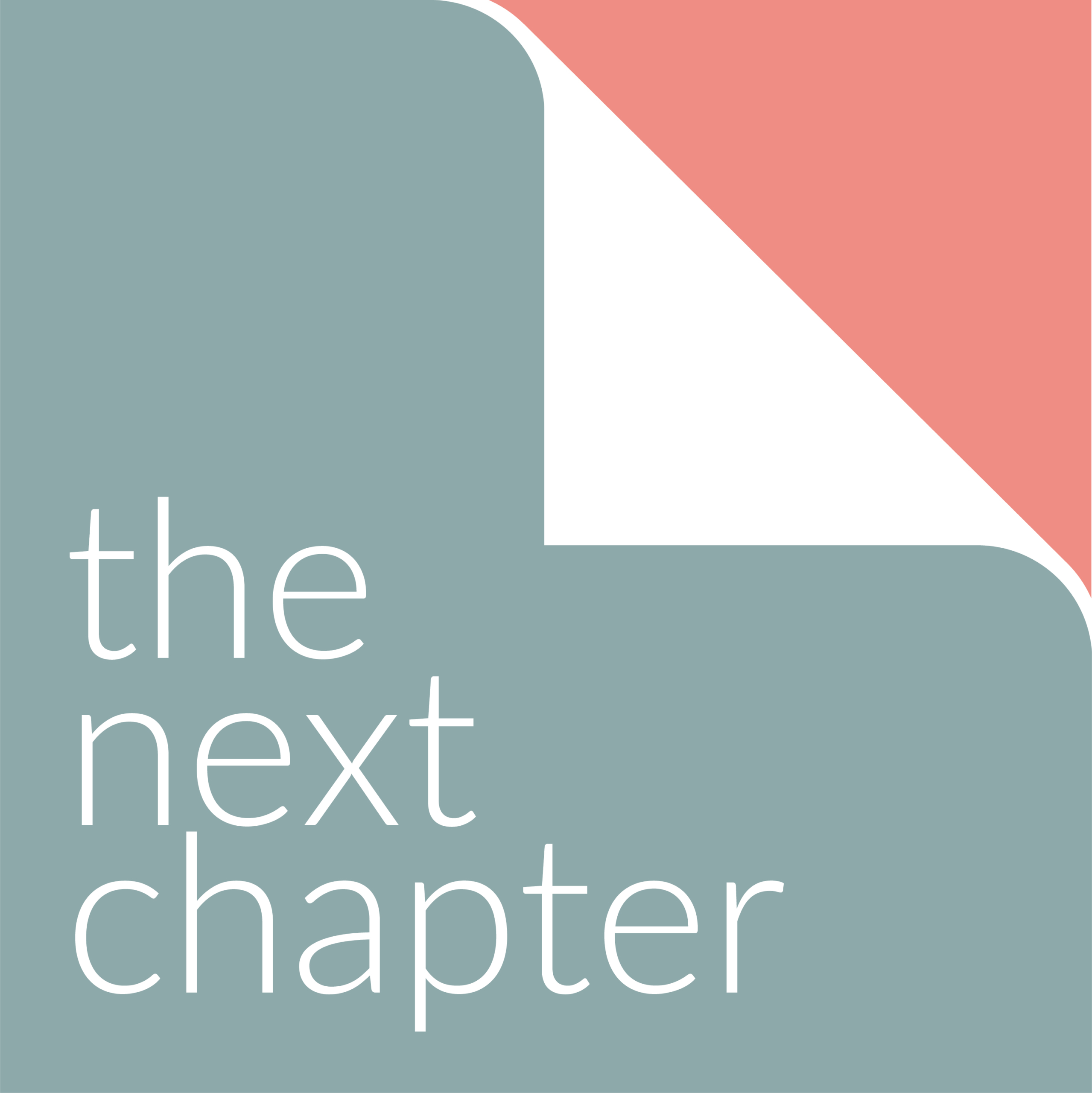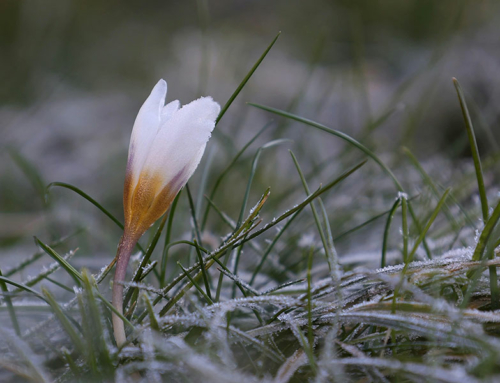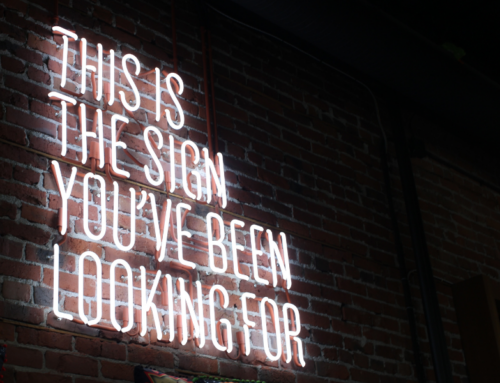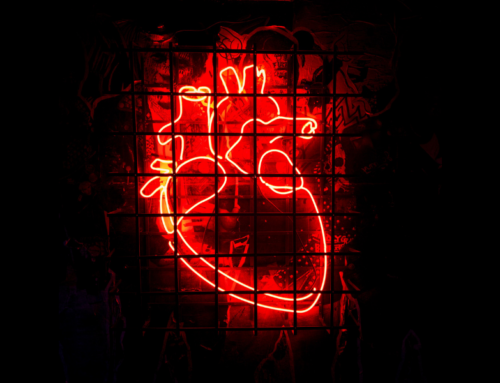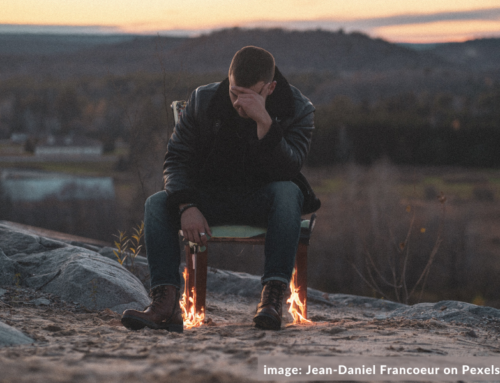I just finished reading The Enchanted Life by Sharon Blackie, which talks about what happens when you fall outwith the ‘mythology’ of the dominant culture [1]. It can be very lonely and very painful when this happens. And you then have to navigate uncertainty and change without guidance. However, when the cultural mythology no longer offers good guidance for life, it is essential to fall out of it and make something new.
So this was in mind when I was thinking about June as Pride Month and also Gypsy Roma Traveller History Month. These are campaigns led by people at the edges – who are still fighting for safety, acceptance and wider understanding. Communities of folk who experience much higher than average rates of mental ill-health, due to discrimination and hate crimes [2] & [3]. Keepers of long histories, with present day questions, and answers, for the dominant mythology.
These things combined to form an image of those on the margins being also at the leading edges – at the place of expansion and possibility. And led me on to some (appropriately) exploratory and loose thoughts on navigating uncertainty and change, by turning to the experts on it…
leaving the main path
Whenever anyone reaches a point where they cannot live within the rules and doctrines of their community or society, it causes a personal struggle, even a crisis.
Some realise early that they cannot reconcile who they are with what they’ve been told is the right path. As young children, they begin to face a difficult prospect: it is impossible to stick to the path; it is terrifying to step off it. Mohsin Zaidi shares his experience of this in A Dutiful Boy, as does Jonathan Van Ness in Over the Top.
For others, this may happen later. Most of us head down the main path we are set on by our early caregivers and educators. Some will stick with that path to the end. For others, something will happen to take them off down a side route into uncertainty. This experience can fall anywhere between being an interesting diversion to being blown off course by an excoriating storm – perhaps depending on how attached you were to the main path, how unexpected was the diversion, and how far off route it takes you.
the unknown: here be dragons
So what happens when you must go off route? How do you feel when your understanding of how things were, are and will be is completely shaken?
At the moment, this is happening to many people in Western culture. Those who used to feel they were travelling on sure ground, with good directions, now find themselves navigating uncertainty and change. The dominant culture is struggling with the climate crisis, the truth about race and colonialism, the shortcomings of our systems of governance, and the explosion of binary certainties into myriad possibilities.
It may feel disorientating, dislocating, perhaps lonely, and scary.
When you find yourself off the edge of your map for the first time, and it just says “here be dragons”, and the ground seems to be shifting, it is scary. In that moment of fear, there are a couple of options. One is to deploy the nervous system’s panic mode: fight, flight or freeze. The other option is to summon up hope and courage, get new directions, update the map, and take the new route.
where are we going?
It’s hard to be at odds with the dominant culture, to feel on the margins of society. It’s hard in practical terms, and it can be physically dangerous. It’s difficult psychologically and it can be overwhelming. It’s also fertile ground for courage and creativity.
People at the edges have always known uncertainty and change. They have been interrogating the status quo and creating new possibilities their whole lives.
Damian Le Bas knows a life beyond the settled life in academia – another way of understanding the world, to which his colleagues are oblivious. Sharon Blackie found that veering off course and into the unknown actually took her towards connection and belonging, not away from it. Keepers of Indigenous wisdom have carried it through all they have endured, as relevant and needed today as it ever was. Rebekah Taussig, Jarena Nerenburg, Meg-John Barker and Alex Iantaffi have already explored the intricacies, complexities and possibilities of living beyond the labels and expectations. The experts in how to navigate our uncertainty are already here.
Or rather, there.
At the leading edge.
by Kate MacDougall, Centre Co-ordinator & Bibliotherapist
[1] “Jungian analyst D. Stephenson Bond, in his book Living Myth, used the phrase ‘falling out of myth’ to describe what happens to us when we can’t live by the dominant myth of our culture any more” (p161, The Enchanted Life, Sharon Blackie)
